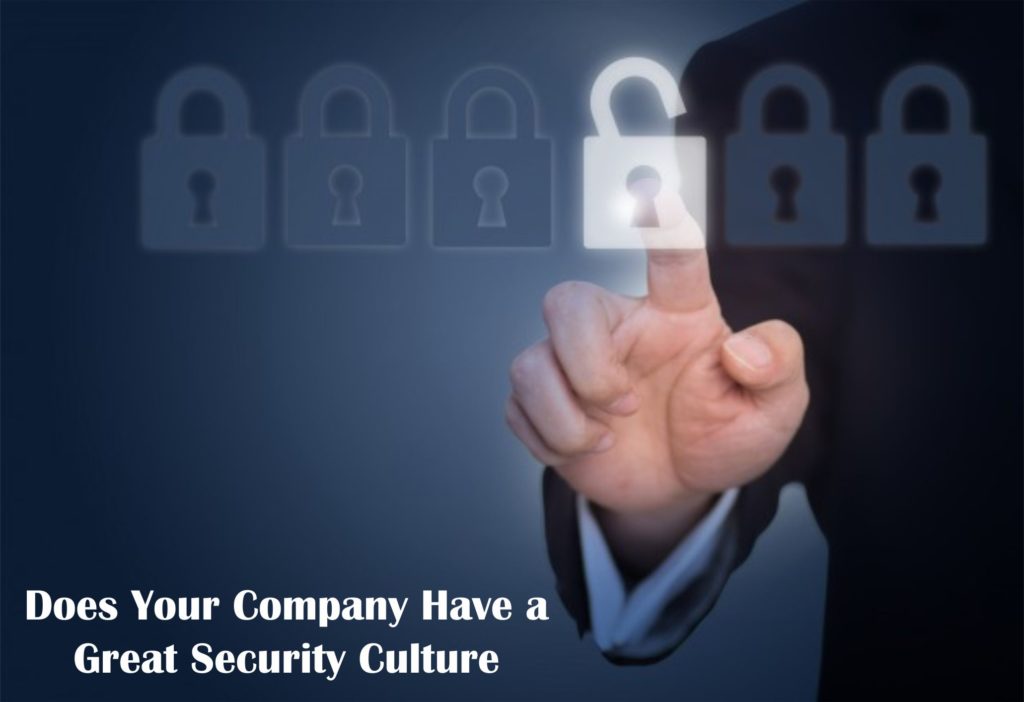Security Culture: A term that is discussed a lot in the modern corporate world without fully understanding what it really means.
Security Culture refers to the set of shared values that determine how each person in an organisation thinks about and approaches security.
The main goal of developing and sustaining an effective Security Culture is to safeguard the organisation against a range of threats that could cause physical, reputational or financial damage. A Security Culture can help an organisation develop a ‘security-conscious’ workforce that is more aware of security issues, and therefore engages with and takes greater responsibility for mitigating them. It also promotes desired security behaviours, increases compliance with protective security measures and reduces the risk of insider incidents. In the long term, the right Security Culture is critical for maintaining organisational security at every level and user touchpoint.
That said, Security Culture remains a nebulous concept, not only to achieve and measure, but even to define. This is one of the major reasons why most organisations believe that there is a gap between the Security Culture they want to achieve and promote, and the Security Culture they actually have.
Does your company have a great Security Culture?
Here are 6 crucial indicators that can tell you if the answer is Yes or No!
#1: Employees actively participate in protecting the organisation
When your employees align their behaviours and beliefs with the organisation’s security protocols and policies, you know you have a strong Security Culture.
If they report suspicious-looking emails, if they’re aware of security challenges like social engineering, if they refuse to indulge in anti-security behaviours like tailgating and sharing passwords – it all indicates that they’re highly security-conscious. This means your Security Culture is alive and well!
#2: Employees are aware of the dangers of email phishing
If your organisation has a strong Security Culture, your employees will think twice before clicking on links within suspicious-looking emails. This is because they’re aware of the risks of phishing and how unscrupulous cybercriminals can perpetrate this crime to steal their company’s information or money. If this level of awareness and conscientiousness is accomplished through regular security awareness training, it indicates that you have a good Security Culture pervading through the organisation.
#3: Employees know when to ask for help (and are not shy about doing so)
This indicator runs in two ways. Your security staff is doing a great job of educating the other employees on the importance of security to the organisation’s health and longevity. They also help to build a strong ecosystem of solutions and information so staff can use the required tools and technologies in secure ways. At the same time, staff always run any new tools they want to use by the IT or security team to ensure that they’re not endangering the organisation with their choices.
#4: Employees will never sidestep security policies, no matter what
The better your organisation’s Security Culture, the less likely your staff will be to take short-cuts that may endanger security. They will be less likely to copy data to unofficial cloud services or removable storage devices, to bypass security protocols like Multifactor Authentication, to use weak passwords or to send company information to unsanctioned recipients.
#5: Senior leadership understand security risks and take active steps to mitigate it
An organisation with a healthy Security Culture will have strong support from executive leadership. In fact, because senior executives are responsible for setting the company’s long-term strategy (which includes security), it is impossible to attain and maintain a good Security Culture without their buy-in and support.
#6: Security is part of every process from the beginning
If your Security Culture is strong, security will be part of every business process and project, right from the beginning, regardless of the application, service or customer offering. When this happens, your security team will not have to find ways to mitigate risk after systems are already designed and built. In other words, your organisation will be in the enviable position of preventing security challenges rather than curing them.
Is your organisation dedicated to creating and maintaining a sStrong Security Culture? It all starts with the right security software!


